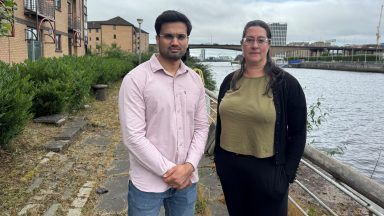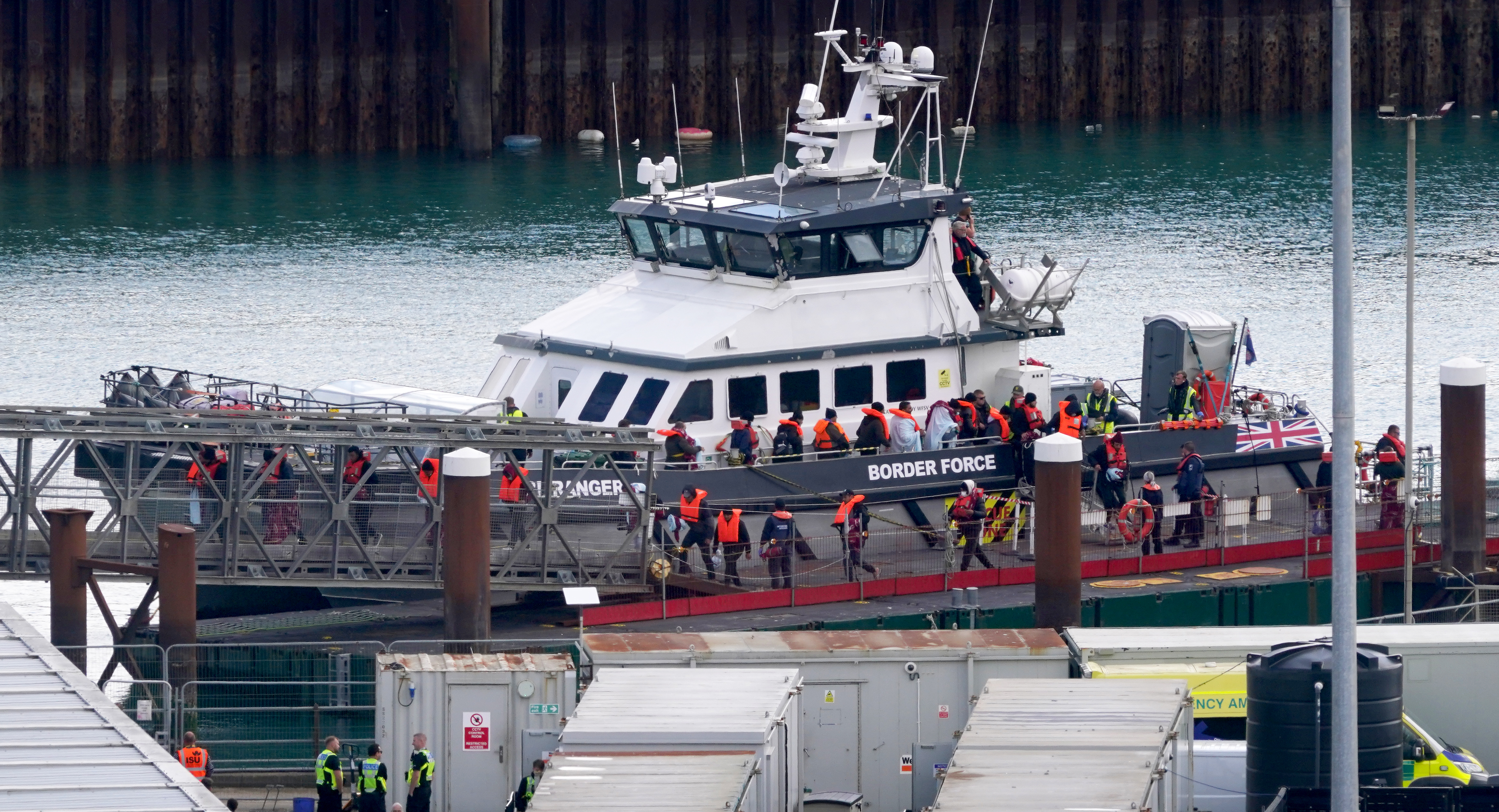Welcome to Brexitland and to a disputatious terrain comprising four countries all within a unitary state who tonight for the first time in 47 years find themselves outside the post-war European project.
In Brexitland, nothing will change, at least not immediately. For the next year the UK will continue to observe EU rules and pay into the EU budget. Citizens and businesses will notice little difference until December 31 when the UK is supposed to conclude a trade agreement with the remaining 27-country bloc.
In one sense the thunder of the last three-and-a-half years has been the easy part; the process of disentangling the UK from the EU institutions and EU laws. This is the politics of Brexit, now for the economics and the hard part of the writing of new rules of economic engagement.
This is the part when the stories of recent years will be proved to be a project based on fear or an only-too-accurate assessment of economic dislocation.
The divisions on Brexit have been deep, rancorous and, at times, personal. They don’t end tonight. The splits merely migrate to a different sphere of argument, a more critical one since the outcome might be easier to crystallise for individuals and businesses.
The legacy of the last three years will have far-reaching ramifications not least because they reverse a near half-century’s trend of recalibrating the UK’s place in the world.
When the European project started in the late 1950s, Britain was not in the club. De Gaulle vetoed membership in the 1960s and it took a determined push from Ted Heath’s government to get the UK into the EEC in January 1973.
Heath was a prime minster bullied by events and blown off course by a combination of personal aloofness and a clumsiness of political touch. His time in Germany during the rise of the Nazis persuaded him that the future of a post-Empire Britain rested in sharing sovereignty.
No-one really argued for a ‘Britannia rules the waves’ footprint in the post-war period. Churchill recognised the Empire was over, Suez in 1956 was seen as a disaster and Labour in the 1960s redefined our defence footprint.
There was no such thing as a Eurosceptic back then, rather Labour politicians like Harold Wilson and James Callaghan who wanted an emboldened role for the Commonwealth. Wilson’s predecessor as Labour leader Hugh Gaitskell warned against Community membership on the basis that it would bin 1000 years of history.
In a sense, the catalyst for membership was a consensus of much but not all of the political class, a consensus undone by popular mandate when the people had their say in 2016. For a large part of the UK’s membership, Europe produced schisms in both the major parties at different times but the divisions were fought at a parliamentary level, far away from a voting public who had little idea what ‘the project’ was all about.
Brexit was helped in part by a political class who believed in but did not constantly champion the European ideal, who did not grasp that a populist approach about taking back control could torpedo a dream which was characterised as the hobby horse of elites.
Add to that dynamic the folly of a referendum from a prime minister who miscalculated in spectacular fashion. David Cameron’s place in history is guaranteed and the way in which he surrendered his own leadership to the mob mentality on his backbenches will be forever recorded as a dereliction of duty. When a decision with the weight of history called, his backbone crumbled under a kicking from his own colleagues.
The 2016 result was perhaps the only palpable demonstration of English nationalism in a long, long time. As a result the chipped building blocks that hold the UK together look decidedly wobbly. The UK is now an uneasy and unwilling coalition of competing nationalisms.
Scottish nationalism is well developed in its pitch to voters, claiming to represent a left-of-centre, inclusive civic nationalism.
Irish nationalism is a more deep-rooted historical affair and comes from the very psyche of its proponents. In Northern Ireland the vote was to Remain and yet it is Unionists who argue that, on this issue, the principle of consent is irrelevant.
And English nationalism, rarely debated, ill-defined, but recognisable when you hear it roar. Can the UK possibly accommodate all three in the years to come?
For those of you thinking tonight, at least all of THAT is over; this is a correspondent who brings you what you probably don’t want to hear.
It’s not over. Not by a long way.
The full constitutional ramifications are just starting. This is an organic politics unleashed by voters without an obvious end.
Whatever that end becomes it is unlikely that the debate along the way will be any more civil than what has gone before.






















